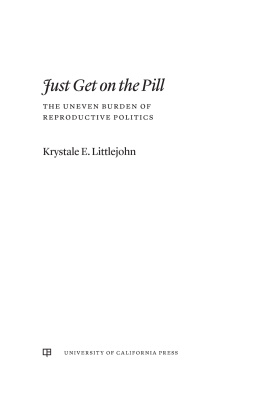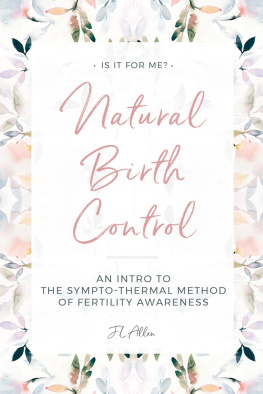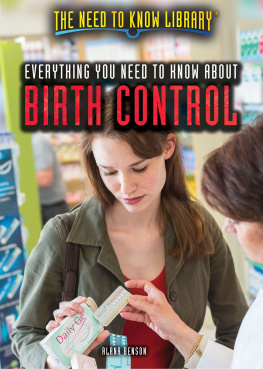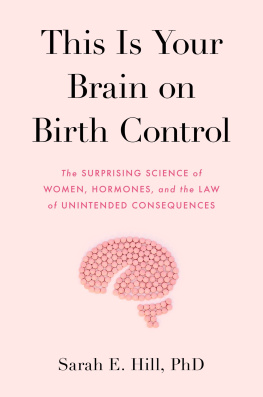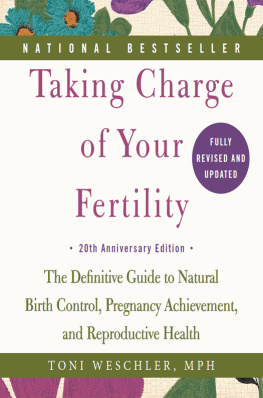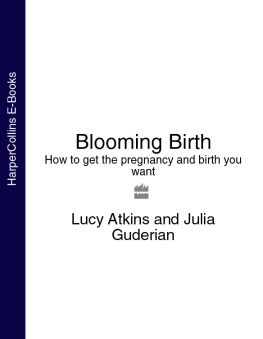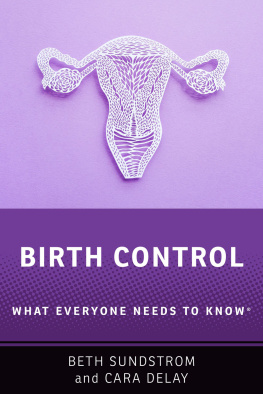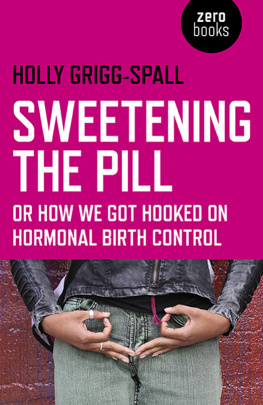Krystale E. Littlejohn
2021 by Krystale E. Littlejohn
Names: Littlejohn, Krystale E., 1985 author.
Title: Just get on the pill : the uneven burden of reproductive politics / Krystale E. Littlejohn.
Other titles: Reproductive justice ; 4.
Description: Oakland, California : University of California Press, [2021] | Series: Reproductive justice : a new vision for the twenty-first century ; 4 | Includes bibliographical references and index.
Identifiers: LCCN 2020056074 (print) | LCCN 2020056075 (ebook) | ISBN 9780520307452 (paperback) | ISBN 9780520307445 (hardback) | ISBN 9780520973763 (ebook)
Subjects: LCSH : Human reproductionPolitical aspectsUnited States. | Birth controlPolitical aspectsUnited States.
Classification: LCC HQ 766.5. U 6 L 48 2021 (print) | LCC HQ 766.5. U 6 (ebook) | DDC 363.9/60973dc23
Introduction
Sweet 16. Thats how old Manuela (22 years old, Latina) was the first time she had sex with her boyfriend. They decided to take the proverbial plunge over a year into their relationship. Like many teenagers, they used condoms for birth control to start, but they stopped that pretty quickly. After having sex only twice, in fact. They talked about what to do and, in Manuelas words, We kind of thought of it together, but he kind of was the first one to say, I think you should just get on the pill. And get on the pill she did. Having a prescription for the pill made it even easier to decide what to do with her next sexual partner. They used a condom once but, unlike her experience with her boyfriend, they never talked about birth control. Instead, she said, We just had sex and I dont know if he just assumed that I was on the pill, but we never talked about it.
Manuelas experiences with her first partners followed a similar pattern: condom use for a few encounters and the pill thereafter. No surprise there. It is often difficult for young people to consistently use condoms and not uncommon for them to switch to prescription methods like the pill at some point.working for her. What happened when she decided not to just get on the pill? Like many people who can get pregnant, she largely struggled to use birth control after that. Though either partner can dislike condoms, Manuelas interest in condom use was not the problem. Instead, it was an inability to get her partners to use condoms as she wished. With one partner, she refused to get on the pill after he asked her to, so they had sex without birth control. And with another, The first few months it was condom all the time, and it was a new one every single time. But, after a while hes just like, after a while no.
Experiences like Manuelas show that much more guides young peoples decisions about birth control than concerns about effectiveness. and, like housework, ideas about gender motivate behavior.
In Just Get on the Pill, I explore how gendered assumptions and expectations shape womens birth control experiences with their partners. The book is grounded in the stories of women like Angelica (a pseudonym), who told me when it came to preventing pregnancy with her boyfriend, I think he kind of just left it up to me to make sure that Im grown and I need to take care of it. I think that was his mentality, like well, youre a woman, youre grown, handle your business type thing. Angelica did handle her businessby using prescription birth controlwithout complaint. Her inability to use her method consistently and her boyfriends resistance to using condoms, however, resulted in a pregnancy. Angelicas narrative, and those of over a hundred other women, showed me how the division of labor in birth control plays out in womens lives. I argue that gender inequality in birth control use is not the result of either natural differences between male and female bodies or incidental differences in the effectiveness of mens versus womens methods. Women like Angelica are not left to shoulder the burden of preventing pregnancy without help from their partners simply because the birth control methods designed for womens bodies are more effective. Indeed, prescription birth control is quite ineffective for women who dislike it, lack regular access to it, or prefer not to use it. Instead, I show that parents, peers, partners, and providers socialize women into using female birth control methods and ultimately into accepting primary responsibility for preventing pregnancya phenomenon I call gendered compulsory birth control.
Just Get on the Pill demonstrates that gendered compulsory birth control has a number of overlooked, but nonetheless severe, consequencesnamely, it undermines womens rights by reducing their control over their bodies, eroding their reproductive autonomy, and constraining their ability to have sex safely and without coercion. Using an intersectional lens, I show how Black and less advantaged women adopted novel approaches to the compulsory birth control system, especially by refusing to begin prescription birth control when partners will not wear condoms. Nevertheless, researchers may sometimes inadvertently recast these womens strategies in the power-neutral language of contraceptive inconsistency or nonuse because the dominant family planning approach in the United States positions prescription birth control for women as the solution to unintended pregnancy. I show that compelling the use of prescription birth control as the sole womans method, especially when partners refuse to use condoms, ultimately harms women by making it more difficult for them to protect themselves from disease. Counterintuitively, it can also complicate pregnancy prevention because most women are channeled away from buying, carrying, and using condoms (a mans method), even if they have trouble using the methods assigned to them. In the end, I show that the gendered organization of birth control is not natural. It is unjust.
INEQUALITY IN THE PREGNANCY PREVENTION PRESCRIPTION
Although battles over the power to regulate womens reproductive experiences have a long history in the United States, Even at this early date, women were the focus of efforts concerning pregnancy prevention.
The establishment of a field of study dedicated to womens fertility and womens pregnancy intentions supported efforts to monitor womens reproductive experiences long after overt eugenic campaigns had faded. Since its publication in 1995, The Best Intentions: Unintended Pregnancy and the Well-Being of Children and Families, a book published by the Institute of Medicine, has been one of the most important publications to direct the agenda for research on pregnancy and childbirth.people plan pregnancies, thereby reducing the number of unintended conceptions and abortions. The book did not contend with how focusing on planning and preventing pregnancy as the ultimate goal could have disproportionate consequences for women in general, and marginalized women in particular. Inequity in todays pregnancy prevention frameworks and strategies can be traced back, at least in part, to the recommendations in this book and the overlooked consequences of its arguments.

